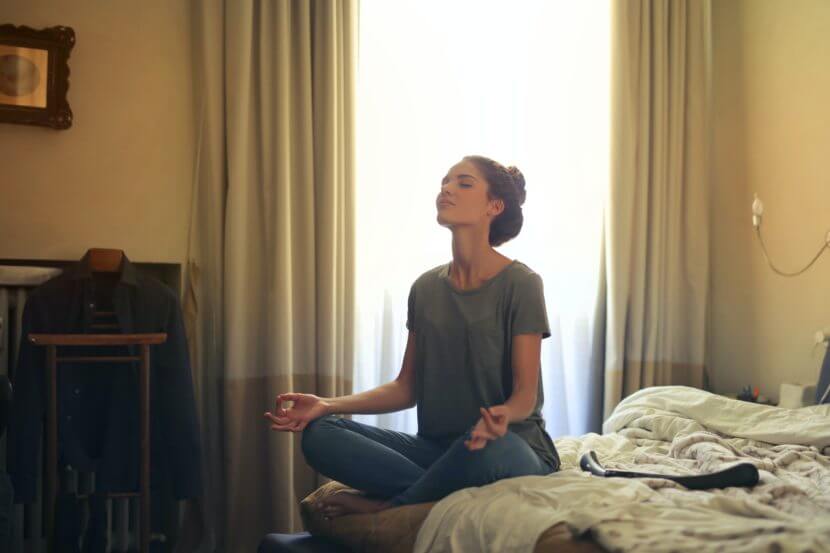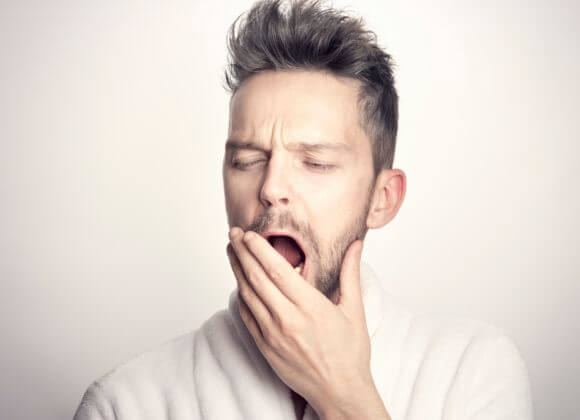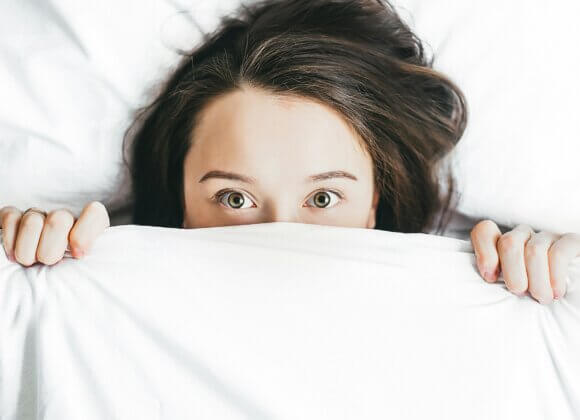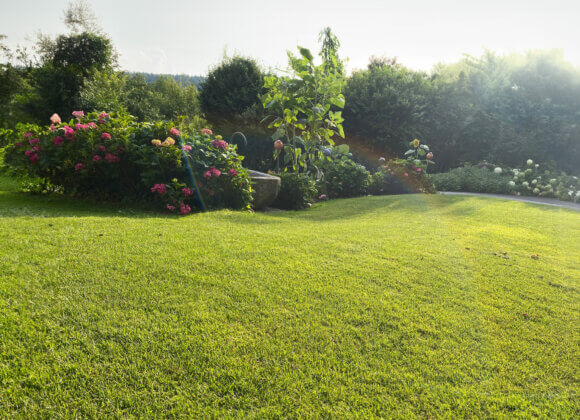Sleep well series, part 2: Tips for a restful sleep
About one third of the population struggles with sleep disorders. However, there are ways and means to get a grip on them – we present seven of them. However, if the problems persist for several weeks, medical help should be sought for clarification.
Tip 1: Do without cell phone and co.
TVs, but also cell phones, laptops and tablets have no place in the bedroom. U.S. researchers have found that short-wave, blue light is mostly used for the displays of these devices. However, this inhibits the production of the sleep hormone melatonin – so you sleep less well. Those who cannot or do not want to do without the smartphone should at least activate its reading or night mode.
Tip 2: The right environment
The bedroom should be as quiet, dark and well ventilated as possible. The right temperature is also important: according to experts, it should not exceed 18 degrees. Sagging mattresses, creaking slatted frames and the like should also not exist – a good bed can work wonders! By the way, pajamas or a nightgown that are too tight can also disturb your sleep. And if you are tickled by the sun on your nose early in the morning – roller shutters, dark curtains or sleeping glasses ensure that you can still sleep longer.
Tip 3: Relax
Stress is a big sleep robber. Hectic phone calls, fractious discussions and similar excitements should thus be avoided before bedtime. After a hectic day, it is also advisable to relieve stress before going to bed, for example through relaxation exercises. However, since noises also increase the stress level, you should close the windows in the bedroom if necessary or reach for earplugs.
Tip 4: Find sleep rituals
Rituals, by the way, also help reduce stress and program yourself to sleep mode. This can be the evening shower as well as a short evening walk around the block, a cup of herbal tea or reading a book. Incidentally, going to bed at about the same time every day is also part of this.
Tip 5: No caffeine
The glass of cola, the cup of coffee or a black tea – drinks that contain caffeine should no longer be consumed in the evening. This is because caffeine stimulates brain activity and thus contributes to the difficulty of sleep.
Tip 6: Avoid too much alcohol and heavy food
If you love roast pork or multi-course menus accompanied by lots of alcohol, it’s better to eat at lunchtime. In order to digest the former, the body has to work hard – and that interferes with sleep. Raw vegetables for dinner should also be eliminated, as they are also difficult to digest. Alcohol can speed up falling asleep, but it has a negative effect on deep sleep and dreaming. In addition, too much can cause night sweats.

Tip 7: Regular physical activity
Those who exercise regularly are not only doing something for their health, but also for a restful sleep. Indeed, the activity favors the deep sleep phases. However, there are two things to keep in mind: exercise should not be done just before bedtime – at least not if it is intense. Or, to put it another way, instead of a jog or an intense workout, just a walk or some stretching exercises should be on the agenda late at night. This is because too much exercise increases adrenaline levels and body temperature, which can have a negative effect on falling asleep.

Previously published in this series:
premiumliving-blog.findmyhome.at/sleep-good-series-part-1-well-rested/
Landlust: Luxury real estate in the countryside
Urban: Luxury properties Vienna Urban
Villa location: Luxury properties Villa location
For ski fans: Luxurious living for ski fans
On the waterfront: luxurious living on the waterfront
Hotel service: Luxurious living with hotel service
Exquisite view: Luxurious living with an exquisite view
For golf fans: Luxurious living for golf fans
Classic elegance: Luxurious living in classic elegance













